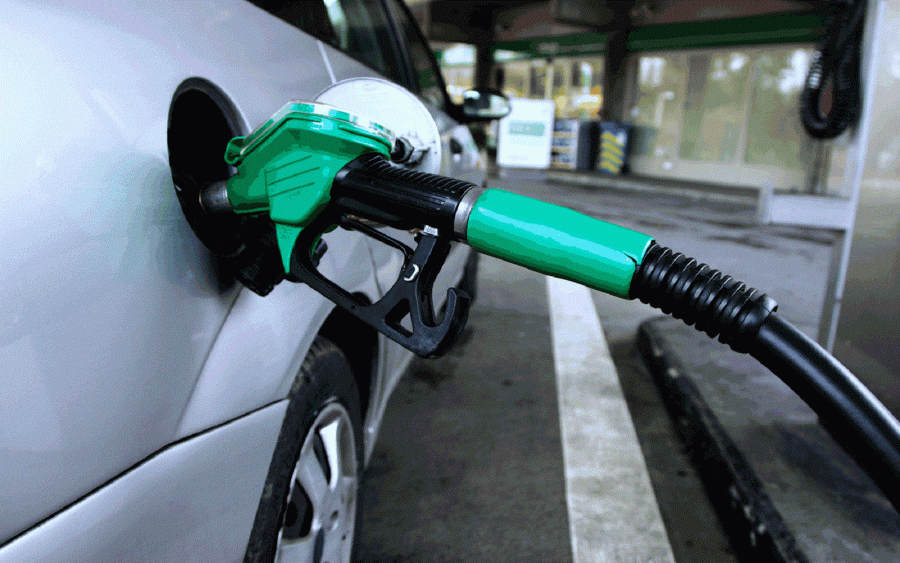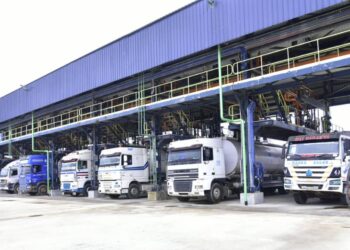Highlights
- The average price of petrol in September was ₦147.30.
- The average price of petrol increased by 0.3% month on month and increased by 1.9% year on year in September.
- Enugu State recorded the highest average petrol price of ₦153.88 in September.
- FCT Abuja recorded the lowest average petrol price of ₦144.0 in September.
The Nigeria Bureau of Statistics (NBS) has released the Premium Motor Spirit (popularly known as Petrol) Price Watch for the month of September 2018. The NBS report shows that the average price paid by consumers for PMS increased by 1.9% year-on-year and 0.3% month-on-month to ₦147.30 in September 2018, from ₦146.9 in August 2018.
According to the report, the average price of PMS across the zones in the country shows that the North East recorded the highest average price of ₦148.37. It was closely followed by the South East, where consumers paid an average of ₦147.47 for petrol, while the North Central and South West recorded the lowest prices of ₦146.54 and ₦146.72 respectively in the same month of September.
The report revealed that during the month under review, Enugu State witnessed the highest average price of the product in September 2018, with ₦ 153.88. The second state is Taraba, where petrol was sold at an average price of ₦ 152.86 in September 2018, while Delta State came third with an average price of ₦ 150.92 in the month of September.
The report also shows that FCT Abuja had the lowest average price of PMS in September (₦144.00), with Bauchi closely following with ₦144.00 and Katsina State with an average price of ₦143.63 during the period under review.
Meanwhile, the report also shows that the 12 months average prices for petrol was ₦144.5 in September 2017, ₦145.60 in November 2017, and ₦190.9 in January 2018. Other 12 months average prices for petrol include ₦151.4 in April 2018 and ₦146.8 in July 2018.
Implication
This little rise in the prices of PMS could lead to a corresponding small increase in the operating costs of small and medium scale businesses (SMEs) since they rely on petrol as an alternative source of power. Hence, it may lead to a small reduction in revenue for them.
Effects on Stocks
Increase in Petrol prices could have a positive effect on the revenues (and by extension, on stocks) of companies operating in the downstream oil and gas space. These downstream companies are involved in the distribution and marketing of refined petrol. The companies include Mobil, Conoil, Capital Oil, Total, Oando, Forte Oil, Japaul Oil, and Eterna Oil, etc. These companies make money selling PMS. Depending on their share of the volume of sales, their revenues and profits may also rise.














.gif)






